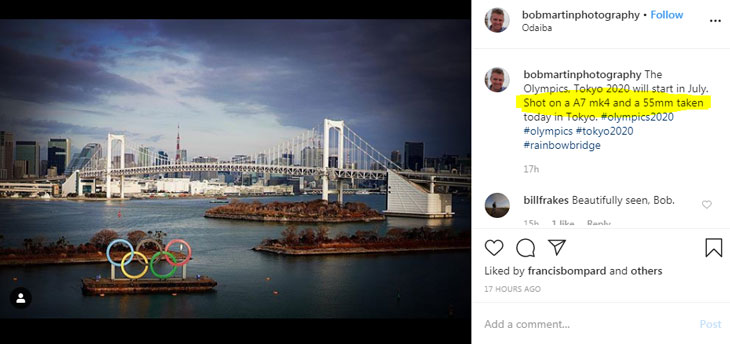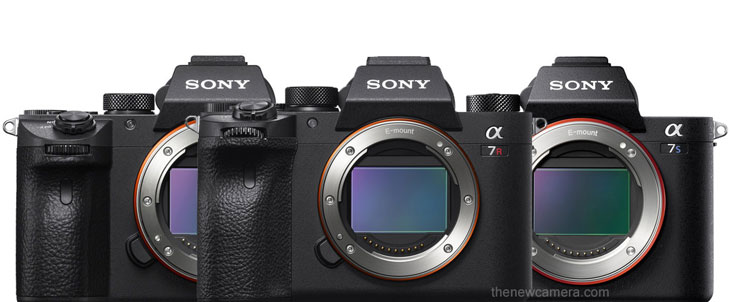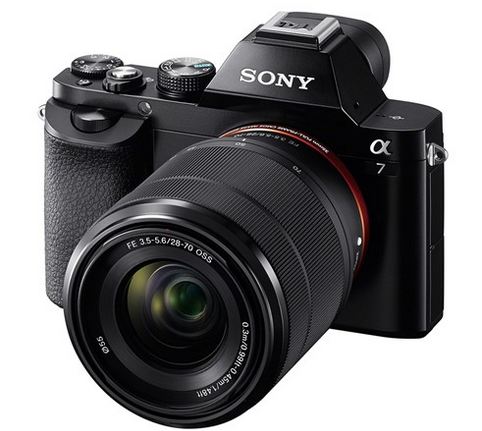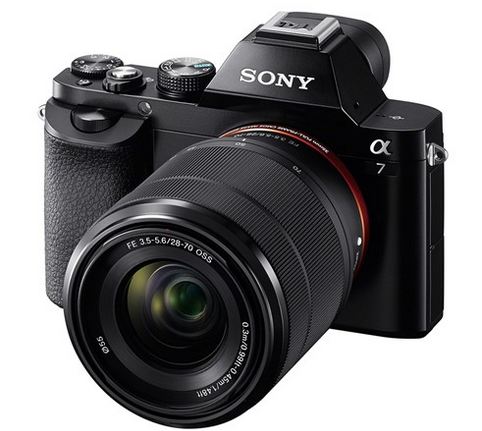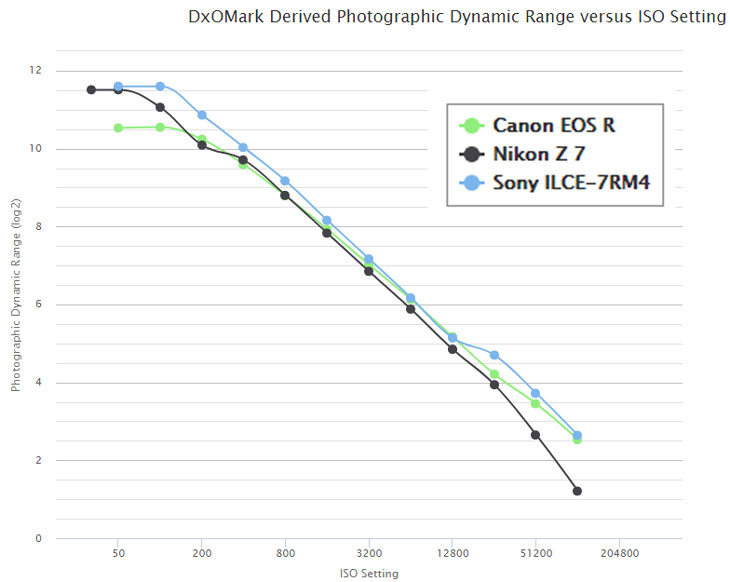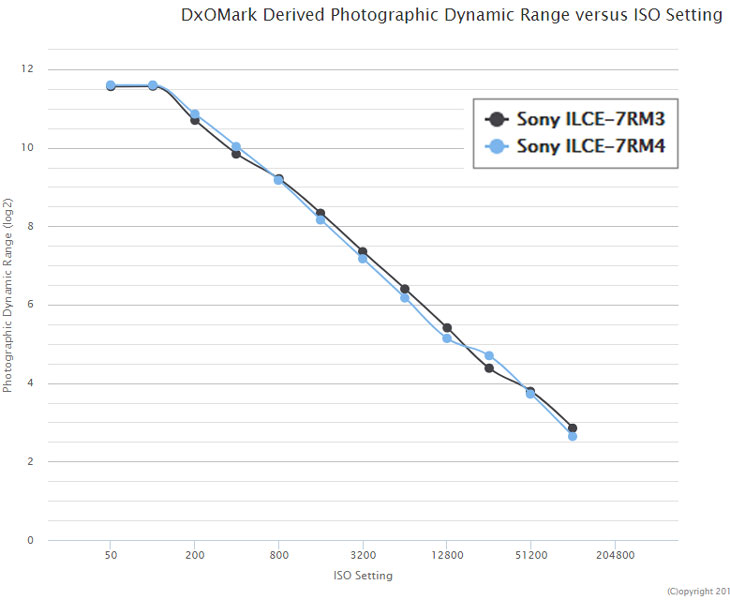
Sony A6100 is one of the best entry level cameras for beginners and features the same sensor as we have seen in Sony A6400 or Sony A6600 camera. We are recommending the best and fully compatible lenses for the Sony A6100 camera.
In the list we have sorted out some of the best lenses, that will cover more than 90% of your shooting needs. And you can use the lenses for travel, micro work, portraiture photography as well as events and wedding photography.
Sony A6100 Best Lenses Quick Jump Table
| Best Portrait Lens for Sony A6100 | Sony 50mm F1.8 |
| Best All-Rounder Lens | Sony 18-135mm |
| Best Zoom Lenses For Sony A6100 | Sony 55-210mm |
| Best Macro Lens for Sony A6100 | Sony 30mm F3.5 lens |
| Best Vlogging Lens for Sony A6100 | Sony 10-18mm F4 OSS |
| Best Low-light Multipurpose Lens for Sony A6100 | Sigma 16mm F1.4 |
Buy Sony 50mm F1.8 Lens from Amazon | B&H
1. Best Portrait Lens for Sony A6100
Best Prime Lens For Group Portraits and Low-light work
Sony E 50mm f/1.8 OSS Lens: The must have prime lens for every Sony APS-C Mirrorless shooters. The 50mm F1.8 portrait lens produces tack sharp images even at wide open aperture and if you are comparing it’s price from Canikon lenses than don’t forget the Sony 50mm F1.8 lens also features OSS (Optical Steady Shot) Image stabilization.
The Bokeh of the lens is very creamy and the lens features silent and FAST AF motor inside, usable for both still and video purpose. Highly recommended for Sony E-Mount users.
Sony 50mm F1.8 Sample Image

Best all-rounder lens for Sony A6100 camera for still shooters. If you want to have a all in one lens for a hassle free shooting. The Sony 18-135mm lens is made for you.
Buy this Lens from B&H Store | Amazon.com
2. Best All-Rounder Lens
Sony 18-135mm Lens : It is sharp, quiet and easy to carry. Great zoom range for such a compact body. The compact setup has very versatile focal length and allows you to capture wide angle shots as well as telephoto zoom closeups. I am really amazed by the sharpness of the lens at this price point. Although the bokeh is not as soft as you will have from a prime lens like Sony 50mm F1.8. But having an 50mm F1.8 and 18-135mm lens will make a perfect kit for entry level shooters.
What I like:
- Best Lens in it’s class
- Compact and Lightweight
- Smooth focus and zoom rings
- Optical Steady Shot
- Excellent coverage
- Perfect Zoom Lens for Telephoto-Closeups
What I don’t like:
- None
Sony 18-135mm Lens Sample Image @ 18mm : The lens do capture perfect wide-angle shots, although it’s a perfect travel companion and a all-rounder lens so do not expect corner to corner sharpness @ 18mm when compared to prime lenses. But, at the same time we do get perfect shots with this lens and if you wan a all-in one solution for your camera. 18-135mm lens is a best option.

Sony 18-135mm Lens Sample Macro Image captured at 86mm
You can capture usable macro images with the lens, specifically if you want to shoot flowers in your garden or you want to capture delicacy food. The 18-135mm lens will be a perfect companion for your Sony A6100 camera.
Sony 18-135mm Telephoto Close-up Sample Image

Now it’s time to talk about some of the and affordable zoom lenses available for the Sony A6100 camera.
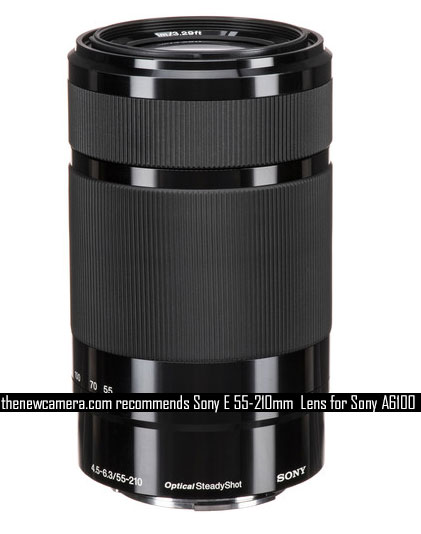
Sony 55-210mm zoom lens B&H Store | Amazon.com
3. Best Zoom Lenses For Sony A6100
Sony 55-210mm F4.5-5.6 OSS Zoom Lens: Quick focusing and sharp images are the two best words to define this entry level zoom lens. The lens is not heavy and bulky and great for a casual shooter. A lighter setup along for casual trips and still getting decent results is going to make outings a lot more enjoyable.
BTW, at the same time don’t expect too much from this lens at this price point, but for sure you will be impressed by the performance of the lens for the price you are paying off.
What I like:
- Compact and Sharp
- Smooth focus and zoom rings
- Optical Steady Shot
- Affordable
What I don’t like:
- None
Sony 55-210mm Lens Sample Image

If you want to have more zoom range then you should invest in the Sony’s 70-300mm Zoom lens listed below.
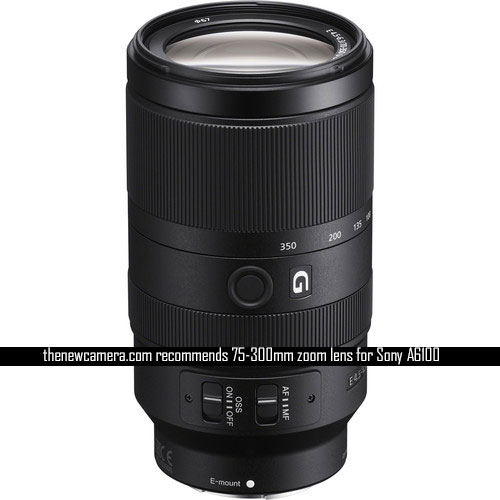
Get this zoom lens from B&H Store | Amazon.com
FE 70-350mm F4.5-6.3 G OSS
The Sony E 70-350mm F4.5-6.3 G OSS is a compact telezoom built for APS-C cameras. It’s sturdy and sharp, with a bit higher price tag than the conventional 55-210mm zoom lens.
If you want an dedicated lens for sports and wildlife photography this lens is made for you under budget. It may not attain the ultimate reach, sharpness or brightness of the 200-600 or 100-400, but it’s less than half the price, not to mention considerably more manageable while still delivering respectable quality and focusing speed.
The AF Speed of this lens is just amazing and the lens is fully compatible with Sony A6100 camera. You can see some sample shots captured with this lens.
What I like:
- Very sharp lens
- Best Zoom Lens in it’s class
- Smooth focus and zoom rings
- Optical Steady Shot
What I don’t like:
- It’s expensive
Sony A6100 with FE 70-350mm F4.5-6.3 G OSS Lens Sample Image

If you are interested in capturing macro images with your camera, then we do have a solution for you. Check out the Best and affordable macro lens for Sony A6100 camera.
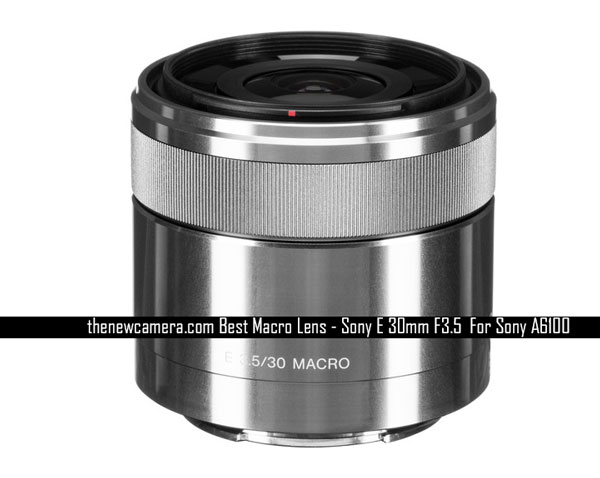
Buy this Lens from Amazon | B&H
4. Best Macro Lens for Sony A6100
Sony 30mm F3.5 lens is the perfect Macro Lens for Sony A6400. The lens captures tack sharp images at 1:1 proportion and features very well controlled Chromatic aberration. The lens features a minimum focusing distance of 9.5 cm and the focal-length of the lens is 30cm. In general the standard Focal-Length of a normal macro DSLR lens varies between 60mm to 100mm, so with a 30mm macro lens you have to get closer to the subject to get a perfect shot. The lens is very durable and made up of aluminum alloy. But keep in mind you have to use a tripod all the time to get a perfect picture since the Lens and Camera both don’t have an Image stabilization system.
What I like:
- Very sharp lens
- Compact and Lightweight
- Smooth focus and zoom rings
What I don’t like:
- No Optical IS
Sony 30mm F3.5mm lens image

Now, its time for best vlogging lenses – If you are a YouTuber and looking for best vlogging lenses for Sony A6100 camera. The next two lenses are made for you.
Buy Sony E 10-18mm lens from Amazon | B&H
5. Best Vlogging Lens for Sony A6100
Sony 10-18mm f/4 OSS (costly) For Vlogging purpose and Wide-angle Shots. The 10-18mm lens is a time tested lens and a great upgrade from the kit lens, more than 7 years old and one of the favorite lens for vloggers and ultra-wide shooters (landscape and architecture). The lens features constant F4 aperture as well as a very effective Optical Image stabilization system. With the help of IS you can use slow shutter speed without any issue. The lens is full compatible with the Sony A6100 AF system and the lens does blazing fast AF all the time either you are shooting video or creating a still image.
Image quality of the lens is very sharp and the lens features a silent autofocus system. The lens takes images without noise and even when you are recording videos with camera internal microphone you won’t have any AF motor noise in the video.
What I like:
- Very sharp lens
- Compact and Lightweight
- Smooth focus and zoom rings
- Optical Steady Shot
What I don’t like:
- It’s expensive
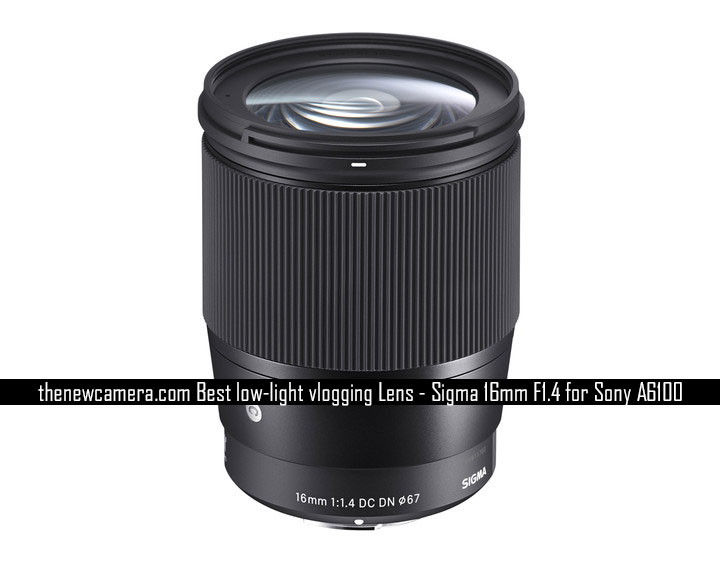
Get Sigma 16mm F1.4 Lens from Amazon.com | B&H.com
6. Best Low-light Multipurpose Lens for Sony A6100
Sigma 16mm F1.4 Lens is one of the best third party vlogging lens for Sony A6100 camera. It’s a perfect companion and creates amazing cinematic videos when used at Max aperture F1.4. The lens really helps you a lot when you are using this lens on night streets for creating vlogs or where you have limited light set-up in your room and your office. The only drawback of this lens is absence of OIS (optical image stabilization).
What I like:
- Compact and Sharp
- Cinematic Bokeh
- Best Low-light Lens for Sony A6100
What I don’t like:
- None
Buy Moza AirCross Gimbal from B&H Store | Amazon.com
7. Best 3-axis Gimbal to have for Travel Vloggers For Sony A6100
Before we begin let me tell you it’s better than zhiyun, to DJI and other third parties gimbals at this price Range. Moza AirCross 2 3-Axis Handheld Gimbal Stabilizer – One of the best and time-tested product to make your videos smooth and shake free. One of the best part of this gimbal is even if you upgrade your camera to Sony A7 III, it can easily handle that weight too.
What I like:
- Best in Class Gimbal
- Aprrox 600gms
- Can carry Sony and other Fullframe Mirrorless / DSLRs
- Affordable
What I don’t like:
- None
Do ask any any questions if you have, in the comment box below.

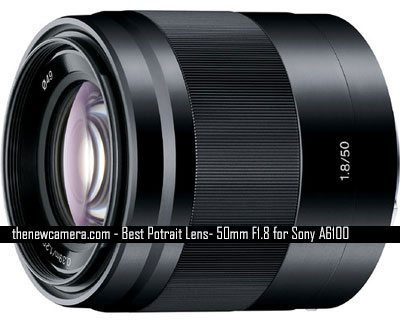
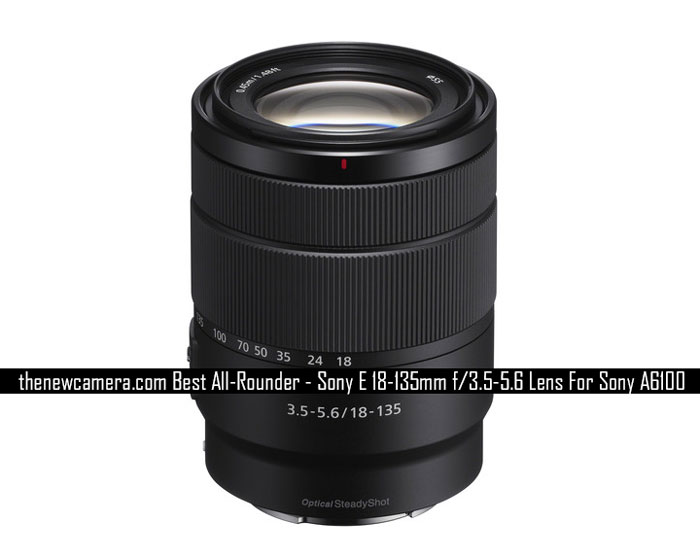
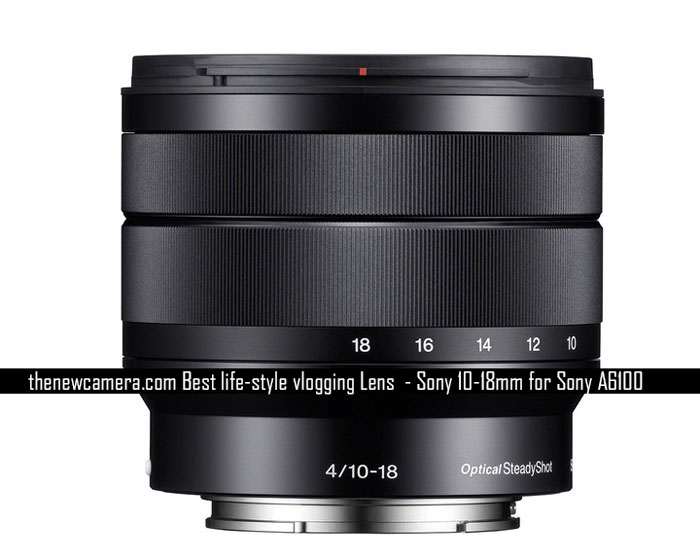
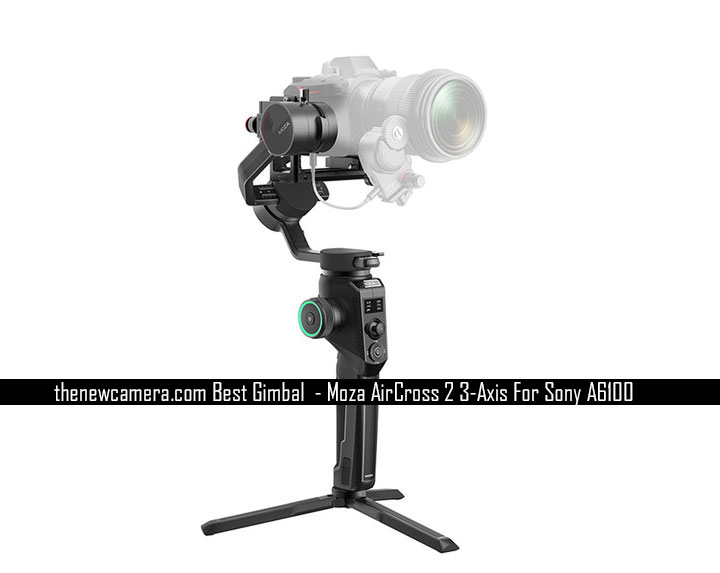
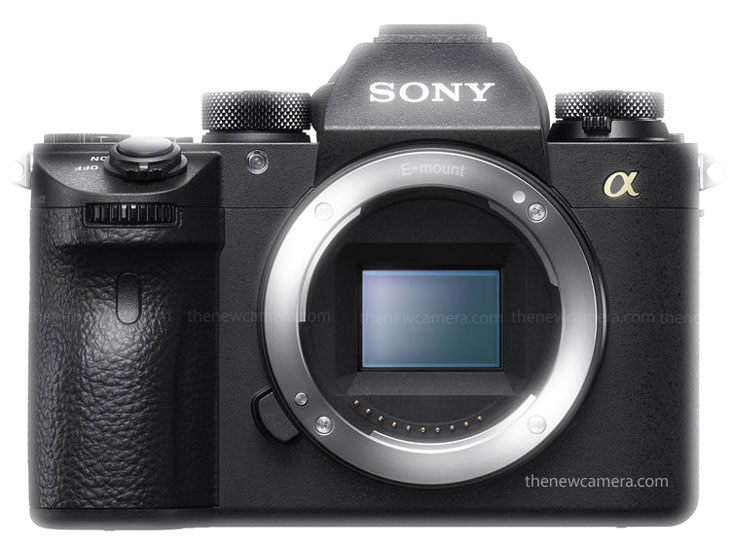
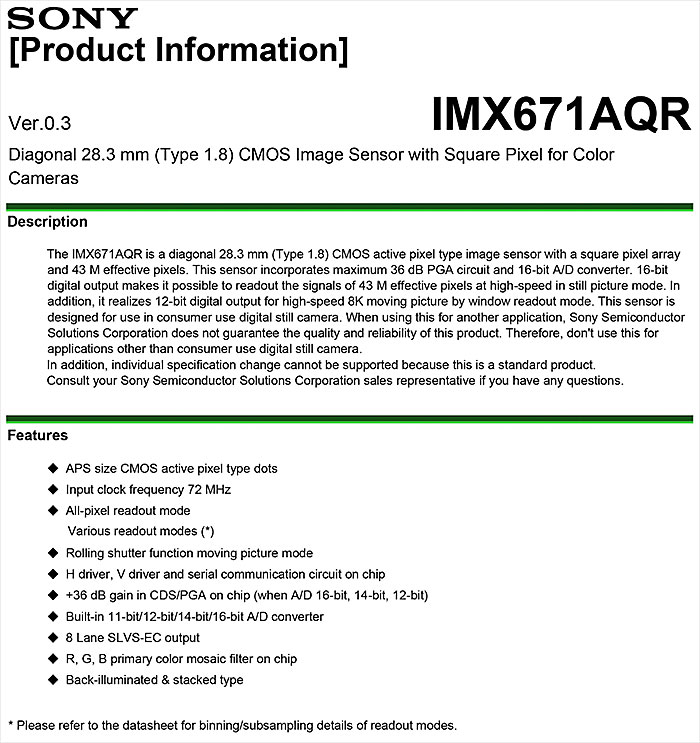 Well, Sony does have 48MP and it is designed for consumers digital cameras. So, this is a good chance we may see a 43MP Quad Bayer Sensor in the upcoming Sony A7000 flagship camera.
Well, Sony does have 48MP and it is designed for consumers digital cameras. So, this is a good chance we may see a 43MP Quad Bayer Sensor in the upcoming Sony A7000 flagship camera.
